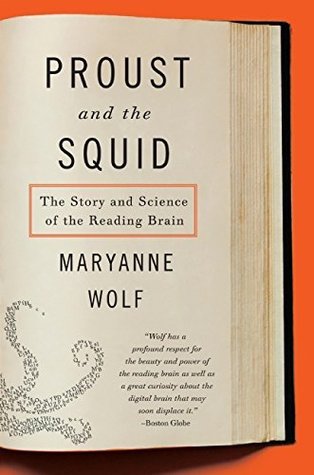From a cognitive perspective, therefore, it is again not that the alphabet uniquely contributed to the production of novel thought, but rather that the increased efficiency brought about by alphabetic and syllabary systems made novel thought more possible for more people, and at an earlier stage of the novice reader’s development. This, then, marks the revolution in our intellectual history: the beginning democratization of the young reading brain. Within such a broadened context, there can be no surprise that one of the most profound and prolific periods of writing, art, philosophy, theater,
...more
Welcome back. Just a moment while we sign you in to your Goodreads account.


